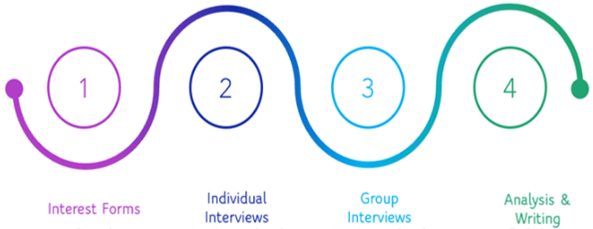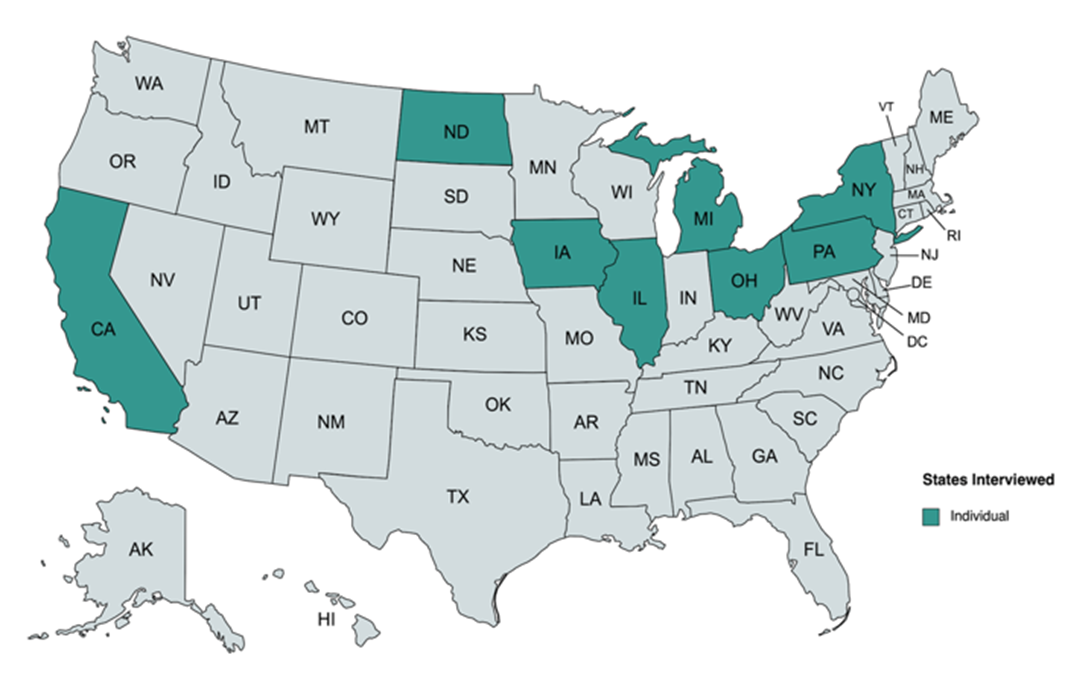
Background
The Advancing Organizational Equity (AOE) Toolkit is a project developed and informed by NASTAD’s Anti-Racism in Public Health Subcommittee (ARPH). The ARPH is comprised of health department staff spanning HIV, viral hepatitis, drug user health, and diversity, equity and inclusion programs. The ARPH operationalizes concrete actions, with a primary focus on internal accountability, diversity, equity, and inclusion, to dismantle the systems of oppression that fuel racial disparities in access and outcomes in HIV, hepatitis, and drug user health programming. In addition, to advancing racial equity across program areas, the ARPH acts as a supportive space for health department staff who are actively involved in advancing health and racial equity initiatives within their jurisdiction. To learn more about the ARPH email, healthequity@nastad.org.
Data that was gathered to inform the AOE Toolkit was collected using four methods:
1.Organizational Equity Interest Form: The interest form was divided into three sections. The first asked for a general overview of the equity initiative, respondents were prompted to describe their initiative and indicate the length of implementation, the setting it took place in, and whether they could provide data that demonstrated impact. The second section focused on implementation support, particularly the identities of staff involved in the initiative, this served to understand the involvement of underrepresented communities. Finally, participants were asked to indicate their availability for individual and group interviews.
2. Individual Jurisdiction Interviews: Participants were asked to detail their department’s equity-focused initiatives, identify one initiative that would be highlighted in the AOE Toolkit, and describe the support systems in place for the staff members leading these initiatives. NASTAD used the data gathered during these interviews to identify key themes and commonalities that determined pairings for the group interview phase.
3. Group Interviews: The seven health department initiatives were placed into four categories:
- Group A - Supporting Individual Champions Doing This Work
- Group B - Health Equity Staffing Workarounds
- Group C - Using Community Feedback to Create Organizational Equity Initiatives
- Group D - Keeping People Engaged in the Work After the Murder of George Floyd
4. Implementation Survey: As a part of the data collection process for the AOE Toolkit, NASTAD developed two surveys to gather additional data from community members and health department staff to determine the impact of the health equity initiative and the experiences of those involved in implementation. The surveys were voluntary, and health departments who participated in the key informant interview phases were asked to share the survey with up to five respondents who had been impacted by (e.g., participated in a racial equity training) the initiative or involved in the implementation of the initiative.
Key Themes
After analyzing the data from the individual interview phase, the project team noticed commonalities between the jurisdictions that were interviewed. Four key themes emerged and determined cohort selection for the next phase of discussion-based group interviews. This second round of interviews allowed the team to delve deeper into the ideas shared in the first interview phase by using thematic jurisdictional pairings to generate group discussions.
- Supporting Individual Staff Members Leading Equity Initiatives
- Funding and Hiring Strategies to Sustain Equity Positions
- Using Community – Driven Feedback to Create Organizational Equity Initiatives
- Keeping Health Department Staff Engaged in Organizational Equity Work After the Murder of George Floyd

